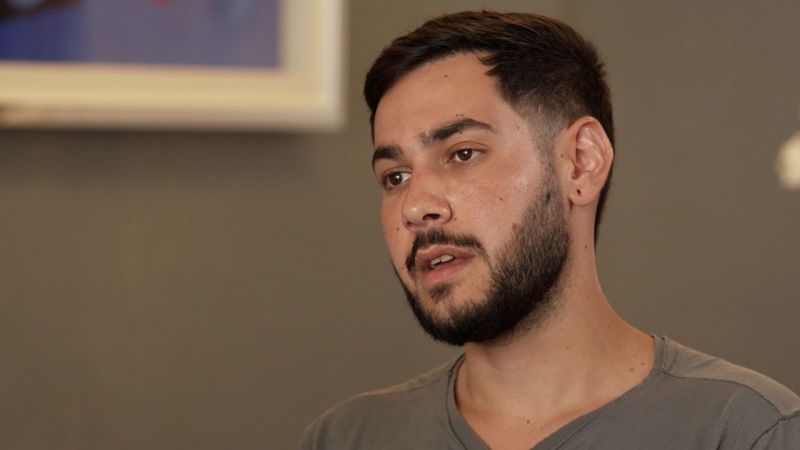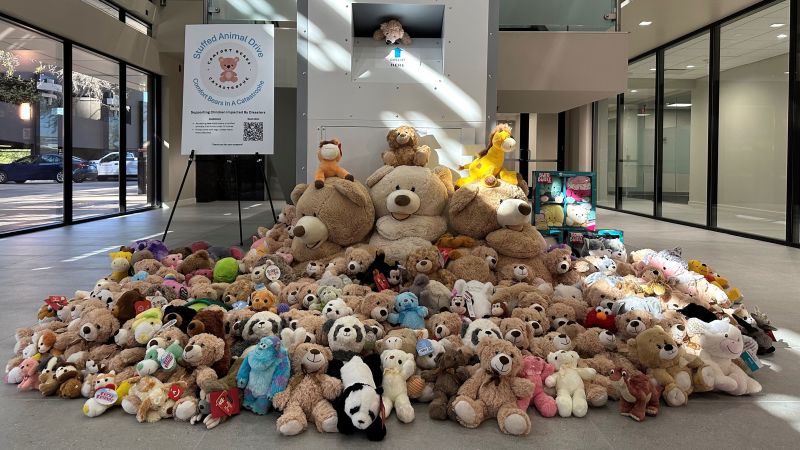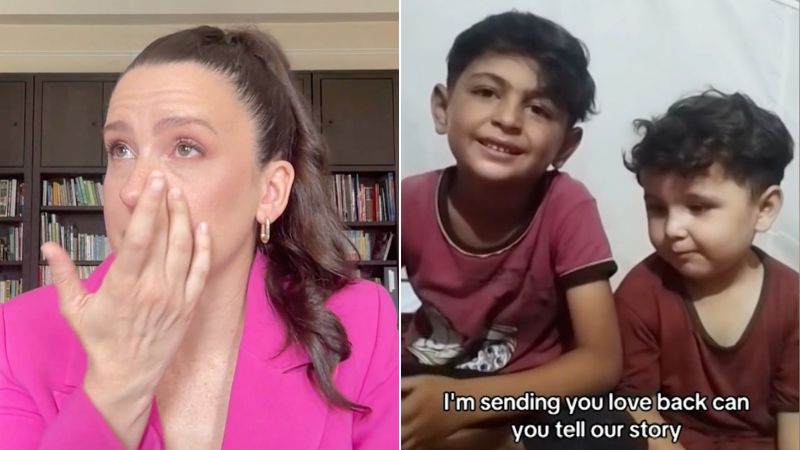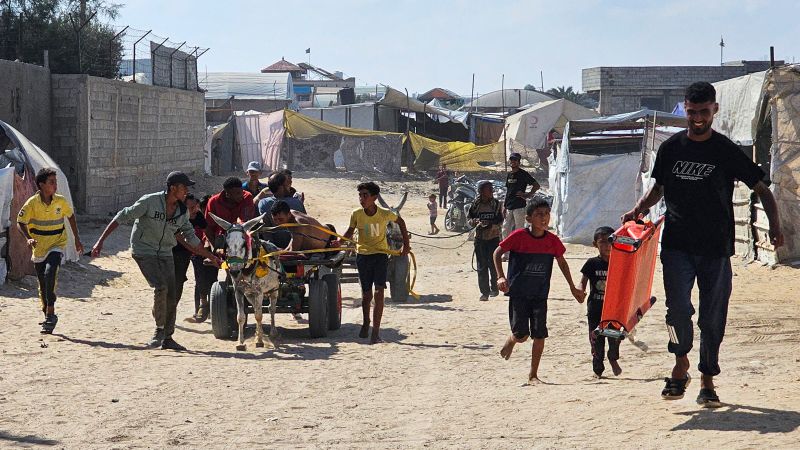
Survivor of Gaza Captivity Reflects on Guilt and Freedom
Opinion | 8/19/2025
Six months since his release from captivity in Gaza, Eliya Cohen grapples with a profound sense of guilt and unease, stating that his path to recovery remains hindered by the plight of other hostages still held in the region. The weight of his newfound freedom juxtaposed against the continued captivity of his fellow captives has left him in a state of emotional turmoil and unresolved trauma.
Cohen’s harrowing experience sheds light on the enduring challenges faced by those who have survived hostage situations, underscoring the complex psychological impact of such ordeals. According to mental health experts, survivors often struggle with survivor’s guilt, a profound feeling of responsibility and remorse for having been freed while others remain in captivity.
Reflecting on his own journey, Cohen highlights the psychological toll of his captivity, emphasizing the ongoing anguish he experiences knowing that others are still enduring similar hardships. This internal conflict, a common yet deeply distressing phenomenon among freed hostages, underscores the long-lasting effects of captivity on survivors and their mental well-being.
While Cohen’s release marked a moment of relief, it also opened a new chapter of emotional turmoil and moral reckoning for him. The burden of guilt and the weight of his freedom serve as a constant reminder of the suffering of those left behind, complicating his own healing process and challenging his sense of closure.
In response to inquiries about efforts to secure the release of the remaining hostages, a spokesperson for a relevant authority declined to comment on ongoing negotiations, citing the sensitivity and complexity of the situation. The fate of those still held in captivity hangs in the balance, as individuals like Cohen navigate the intricate interplay of guilt, freedom, and the enduring impact of their past ordeals.


